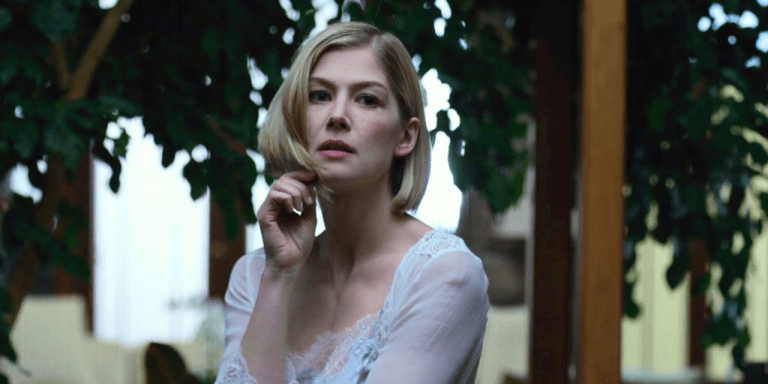1. The friend who’s always there when you are down (But disappears as soon as you’re happy).
This friend is the first person to RSVP to your pity party. The moment something goes wrong they materialize at your side, cooing sympathies and offering a shoulder to cry on. They seem overwhelmingly supportive, until things begin looking up for you – and then suddenly they’re nowhere to be found.
This is the weird inverse version of a fair-weather friend: They’re around only when the forecast is stormy because your misfortune makes them feel empowered. They use subtle tactics of keeping you down – bashing friends or potential love interests without mercy and encouraging you to succumb to unhealthy behaviors (“Why go out and meet people tonight when we could just stay in and watch Netflix…”). They’re down and they want to keep you down with them. It’s suppression masquerading as support and it’s toxic.
2. The partner whose whole entire world revolves around you.
This person believes that you are the reason why the sun rises and sets. Your happiness is their happiness and your pain is their pain – without exception.
Without explicitly admitting it, this person is resting the entirety of their well being on your shoulders. It’s flattering at first but the pressure builds quickly. If you’re having a bad day, they’re having a bad day. If you’re not at your best, they are down in the trenches struggling too. This sort of relationship is parasitic in nature – one partner piggybacks off the other’s well being and contributes very little to the communal whole. It’s a fast track to co-dependency that will absolutely suck you dry.
3. The friend or family member who is always “Just being realistic.”
This person always claims to have your best interests at heart – they care about you, so they don’t want you to struggle or be disappointed. What this person usually happens to forget, however, is that a certain amount of struggle is necessary for growth. We never get anywhere worth going without taking a few risks.
The person who consistently advises you to be realistic is actually telling you, “I’d rather you stay a small, unfulfilled version of yourself than have to bear the personal discomfort of watching you struggle.” They are taking a short-term approach to your problems but you are the one who has to live with the consequences long-term. With these people it is important to realize that just because someone loves you, it does not mean they have your best interests at heart. Their reality does not have to line up with yours.
4. The friend you are constantly comparing yourself to.
It’s nice to admire our friends. It’s less nice to compare ourselves to them. And it’s downright toxic to measure our own success against theirs. No matter how much we respect our friends for what they have achieved, we have to remember that pitting our own achievements against theirs is a quick way to deteriorate our own self worth and ruin a worthwhile relationship. If you feel like your friendship is more of a competition than a partnership, it may be time to examine your own self-esteem. Does enough of it really come from you? Or are you dependent on a feeling of superiority? Because the latter is a quick way to become the toxic person in any relationship.
5. The partner you’re keeping score with.
To some extent, relationships are built on keeping score. You help someone out and they reciprocate. You show appreciate for and devotion to your partner and they return the affection. But at a certain point score-keeping becomes toxic. One person falls behind in dues and suddenly has to work twice as hard to make things function smoothly. At this point, an unhealthy power dynamic is born. As soon as one partner ‘owes’ something to the other, it ceases to become a partnership by definition.
6. The loved one you’re putting ahead of yourself.
We all occasionally go out on a limb for the people we love – but we should not live on that limb. When we are consistently putting aside our own needs to support someone we love who is in need – even if they are in need for a wholly legitimate reason – we are encouraging toxicity within ourselves. We are pitting our own self-worth on our ability to help someone else, and this puts an immense amount of pressure on the other person to benefit from our input. We’re creating a toxic relationship by establishing co-dependency. The best way to support the people we love is to take care of ourselves first and share the overflow second.
7. The relationship you have with yourself.
When was the last time you put genuine care and effort into the relationship you have with yourself? How many times do you put yourself down compared to the amount of times you build yourself up? And what steps are you taking to ensure that your own life is free of the toxicity that you so carefully avoid in others?
The answers to these questions are going to set the stage for whatever happens in the rest of your relationships. At the end of the day, all toxicity starts at home. ![]()






